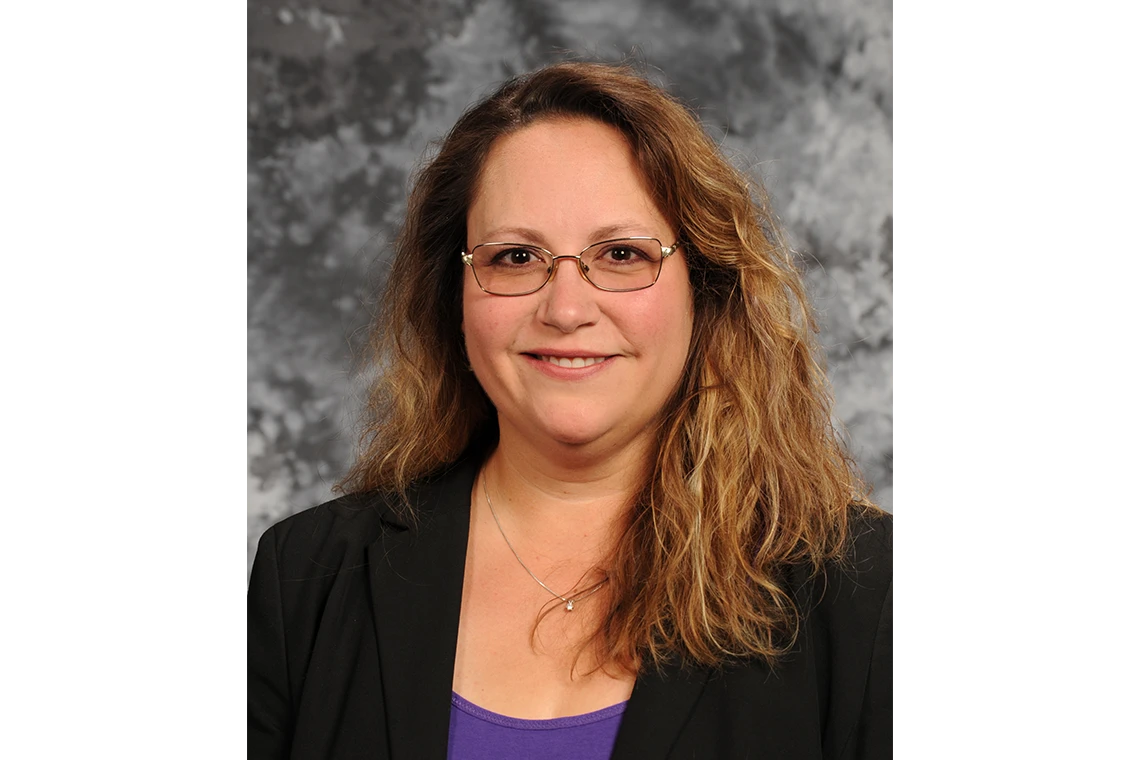Thermal Property Measurements for Advanced Reactor Development
Cynthia A. Adkins, Materials Engineer & Senior Scientist, Idaho National Laboratory
A growing interest in adding carbon neutral energy sources to the nation’s energy portfolio has reinvigorated interests in nuclear energy. To support the rapid deployment of advanced reactor, rigorous testing of nuclear fuels is ongoing. Metallic fuels such as those used in the Experimental Breeder Reactor – II (EBR-II) located at the Idaho National Laboratory (INL) are desirable due to its ease of fabrication and sustainable fuel cycle. Researchers at INL are gaining an in-depth understanding on fuel performance by utilizing advanced characterization equipment, located in remote hot cell environments, to study the thermophysical properties of new fuel compositions as well as legacy EBR-II fuel.

Dr. Cynthia Adkins is a Materials Engineer and a Senior Scientist in the Thermophysical Properties Group in the Advanced Post-Irradiation Examination Department at the Materials and Fuels Complex at the Idaho National Laboratory. She received her Ph.D. in Materials Science and Engineering from the University of Florida in 2022. She received her master’s degree in materials science and engineering from the University of Florida in 2012 and a master’s degree in Engineering Management from Robert Morris University in 2006. She received her bachelor’s degree in chemistry from Pennsylvania State University in 1995. Her research focuses on the techniques used to characterize the relationship between microstructure and thermal conductivity of transuranic materials used for reactor fuel, particularly using differential scanning calorimetry techniques for measurement of phase transformation temperatures and pulse laser flash as well as modulated thermoreflectance methods to measure thermal conductivity on the micron scale. This characterization work supports modeling efforts at INL to connect thermal conductivity with microstructure at the mesoscale level.